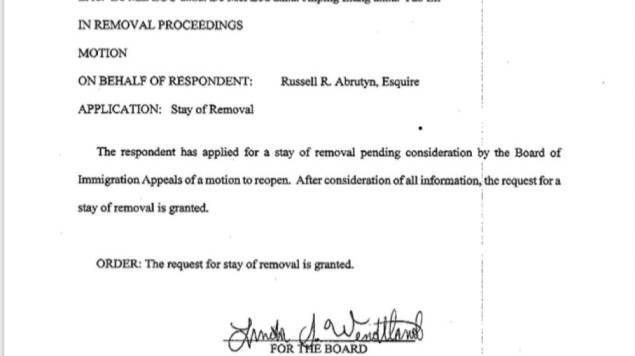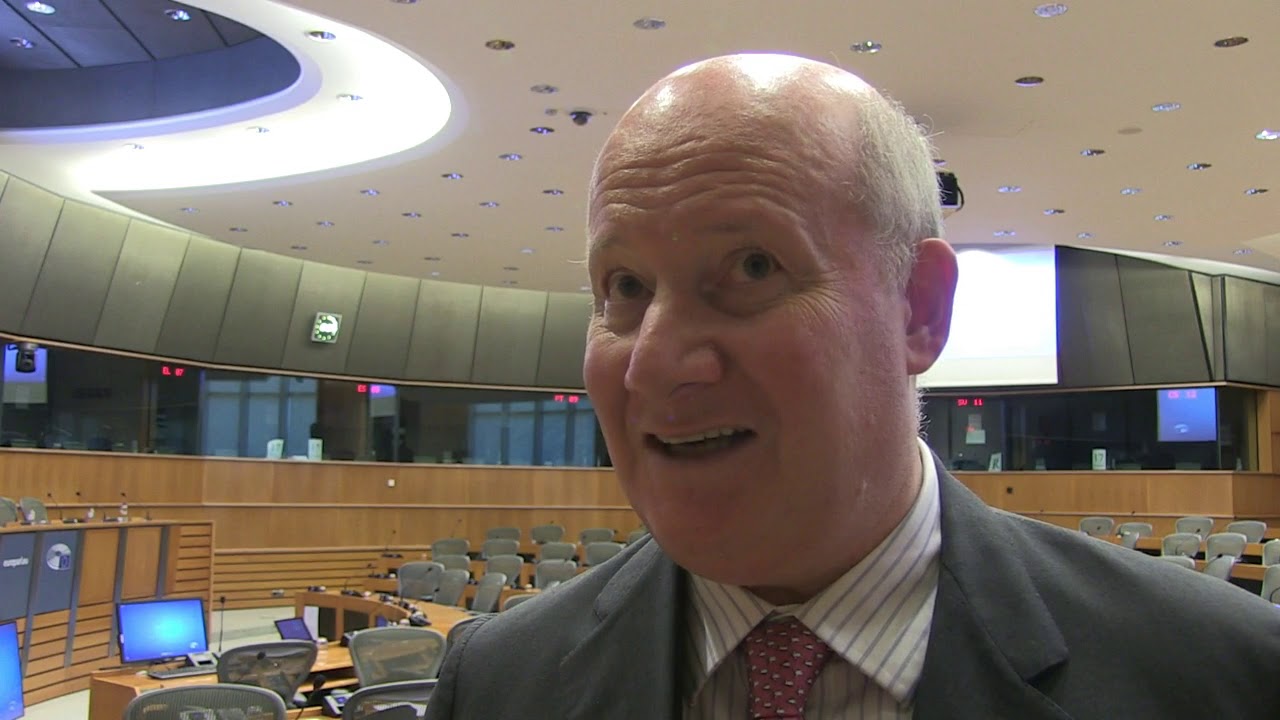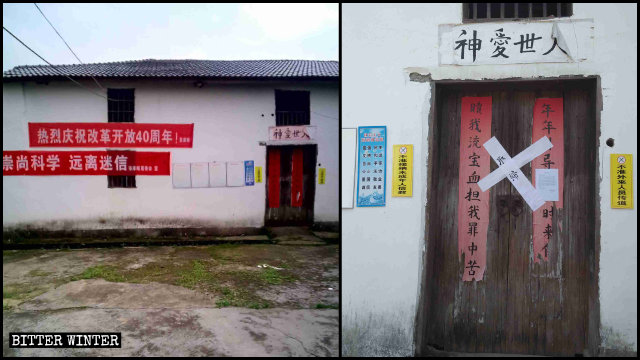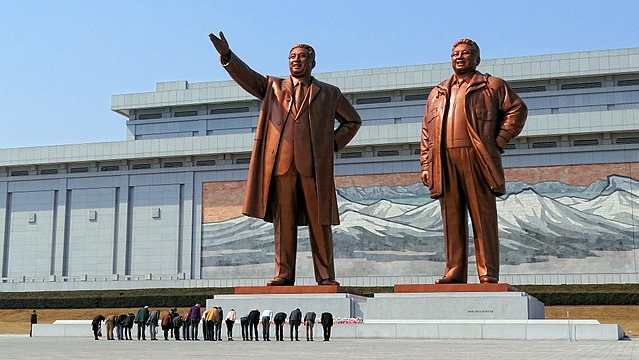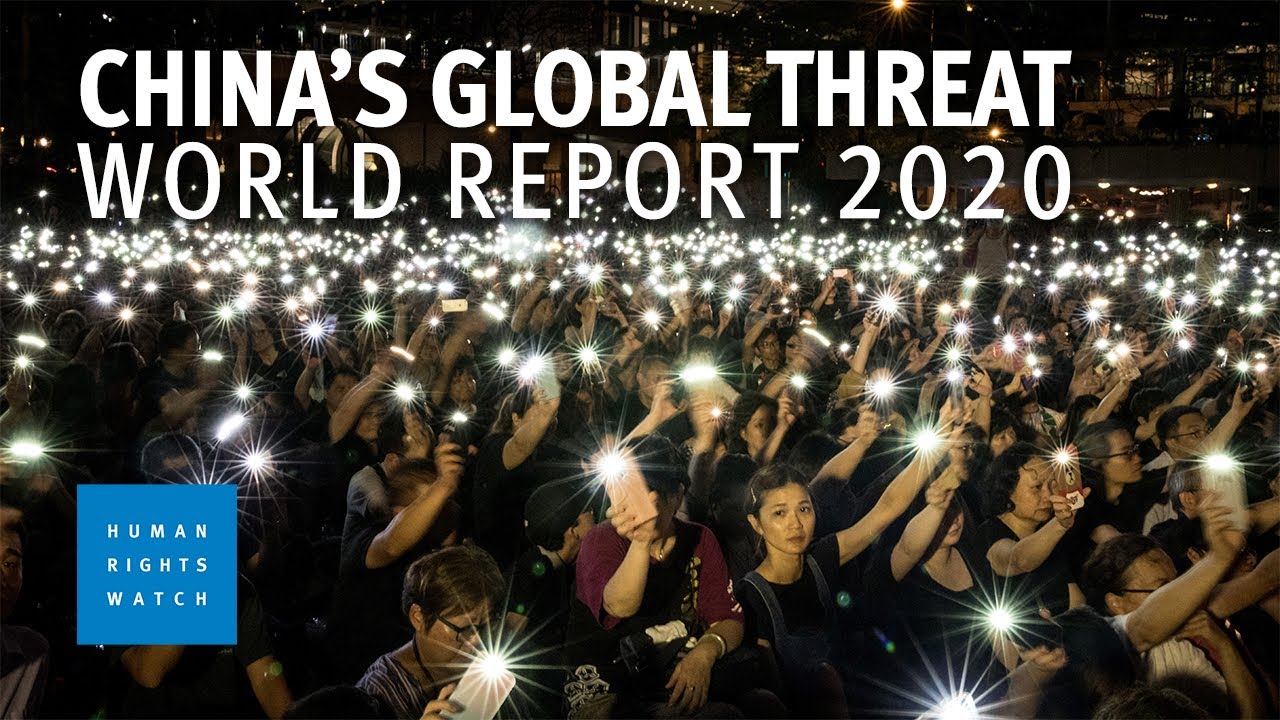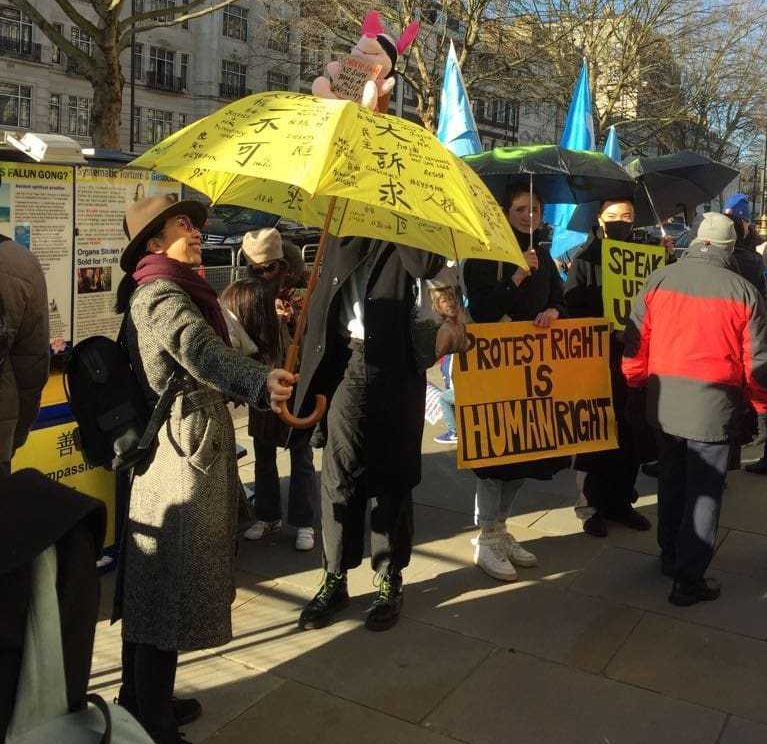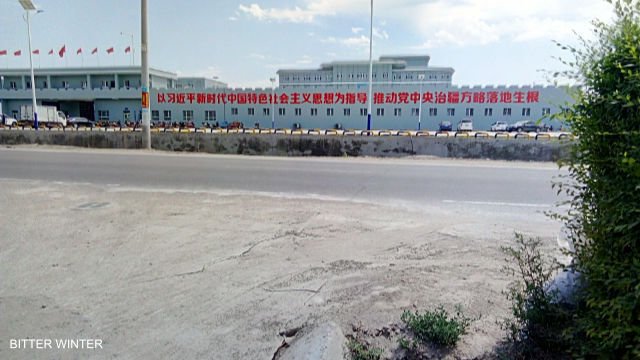To implement its five-year plan to “sinicize” all Muslims outside Xinjiang, the CCP continues demolishing Islamic symbols and “transforming” believers.
Dali, a county-level city famous for its old town in the southwestern province of Yunnan, attracts countless tourists each year. Despite its popularity, the city has also become one of the CCP’s targets to crack down on religious culture, as part of its five-year plan to “sinicize” all Muslims outside the Xinjiang Uyghur Autonomous Region.
In early April, the government demolished domes and star-and-crescent symbols from the city’s South Gate and West Gate mosques. Inside them, slogans promoting the core socialist values and posters dedicated to the “sinicization” of Islam are now abundant.

“Symbols are demolished because of the state’s policy to ‘sinicize’ Islam,” a member of the South Gate Mosque told Bitter Winter. “Everything in Arabic in the mosque has been removed.”

In May, three domes and star-and-crescent symbols were removed from the worship hall in the South Wuliqiao Mosque. According to a Hui resident, the mosque received a demolition notice from the municipal government and the Religious Affairs Bureau. People hoped that the mosque would be spared because of the coronavirus outbreak, but the demolition proceeded as planned.
“The government said that the domes must be demolished as they represent infiltration of a foreign culture,” the resident said helplessly. “This is the marginalization of Hui people.”

The government also “sinicized” a dormitory for students set up by the Kunming Islamic Institute’s Dali branch in the South Wuliqiao Mosque. The building’s arc-shaped windows were changed to square-shaped ones. Last September, on a Halal food street near the mosque, writings in Arabic and Islamic elements on Hui restaurants’ signboards were covered or painted over, and national flags were hung at entrances to the venues.
A Halal restaurant owner told Bitter Winter the government had issued a notice demanding to cover or paint over all signboards in Arabic, or the businesses would be closed. “Everyone has to apply for a signboard now, and nothing in Arabic is approved, just in Chinese,” the man explained. “Dali is a tourist city, and it’s still one of the targets of religious persecution.”
“Even writings in Arabic on tableware are banned,” the man continued. “It’s our language, but when we use it in China, the state claims we are separatists. This crackdown on Islam is nationwide; it’s like a second Cultural Revolution. The state wants to restrict the development of religions and make all people believe in the Communist Party only.”
The CCP also organizes training and other activities to speed up the “transformation” of Islamic clergy through mandatory indoctrination. In September last year, the Islamic Association of the northern province of Hebei organized training for imams on the “sinicization” of Islam” in the provincial capital Shijiazhuang. The participants were demanded “to love the Party and the country” and organize religious activities according to the state’s policies, integrating national policies, traditional Chinese culture, the core socialist values, and other CCP requirements in their teachings. All participants were given a copy of “Islamic Internal Management Measures,” which explicitly stipulates that the primary criterion for selecting clergy members is “support for the Chinese Communist Party and the socialist system.”

“The ‘sinicization’ of religion is like a leash by which the state harnesses believers,” an imam from Hebei said helplessly. “The CCP wants to rid us of our belief slowly.”
Source:BITTER WINTER / Ling Tian

